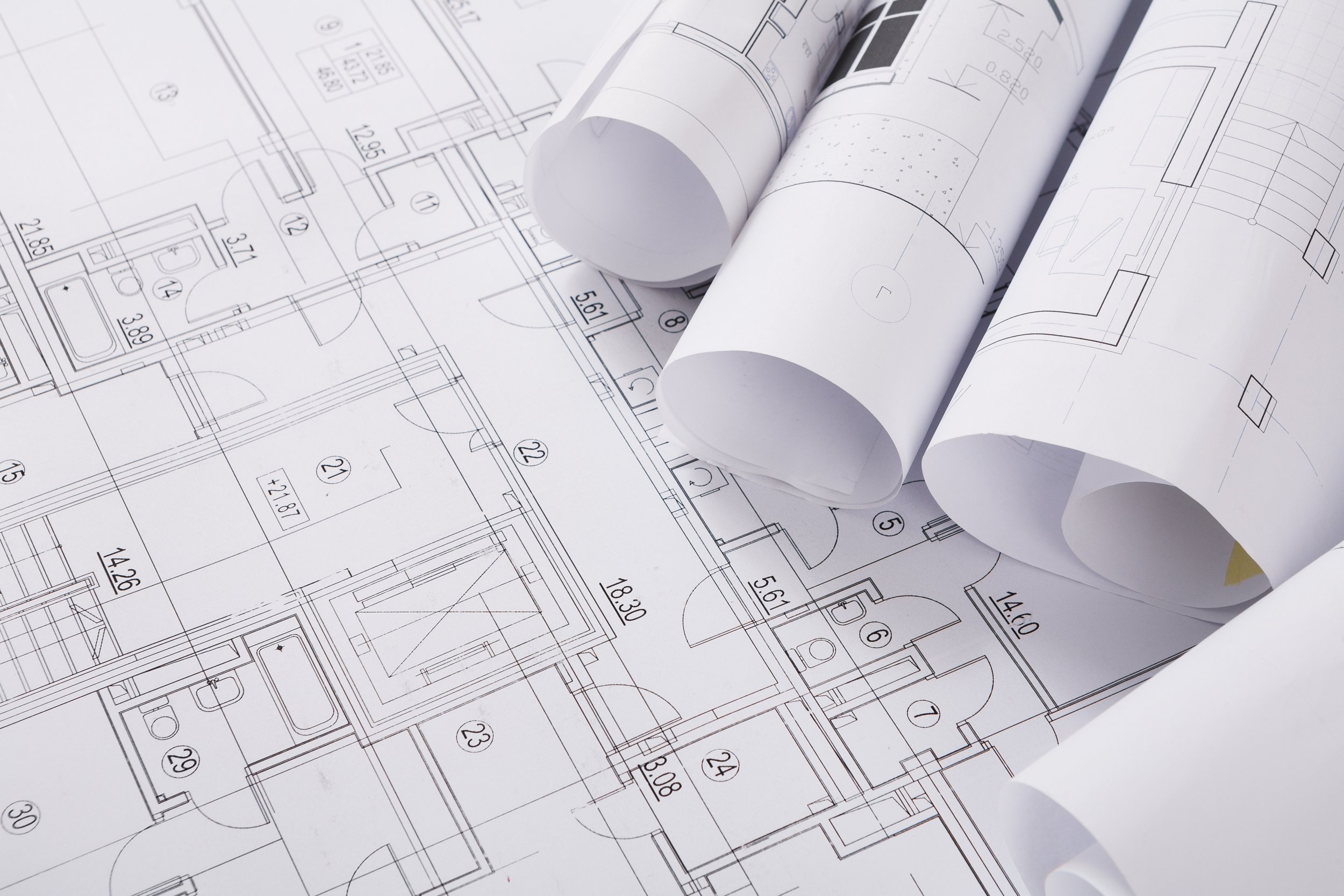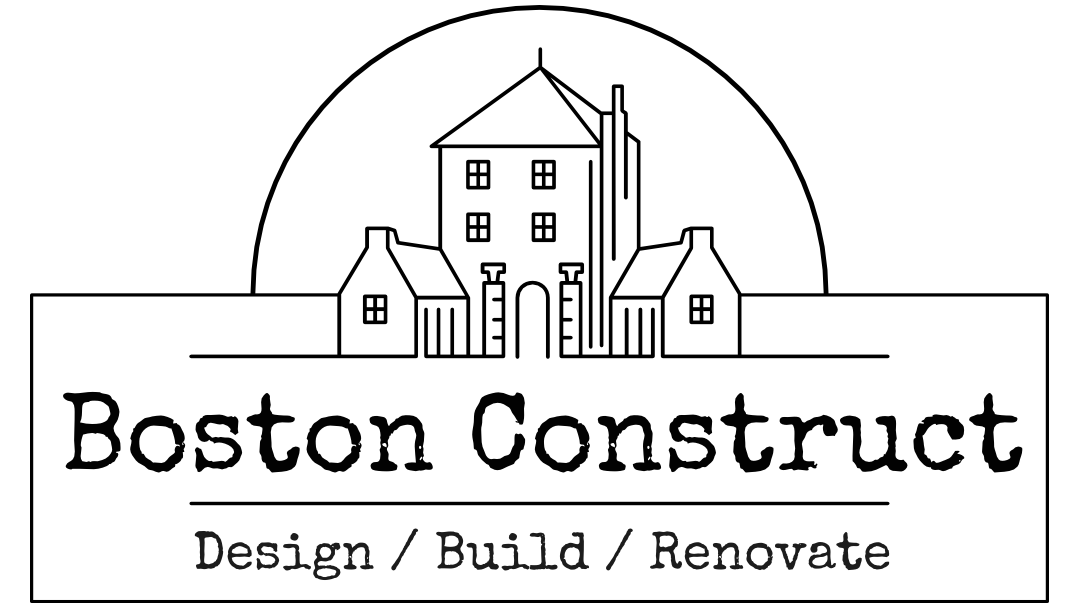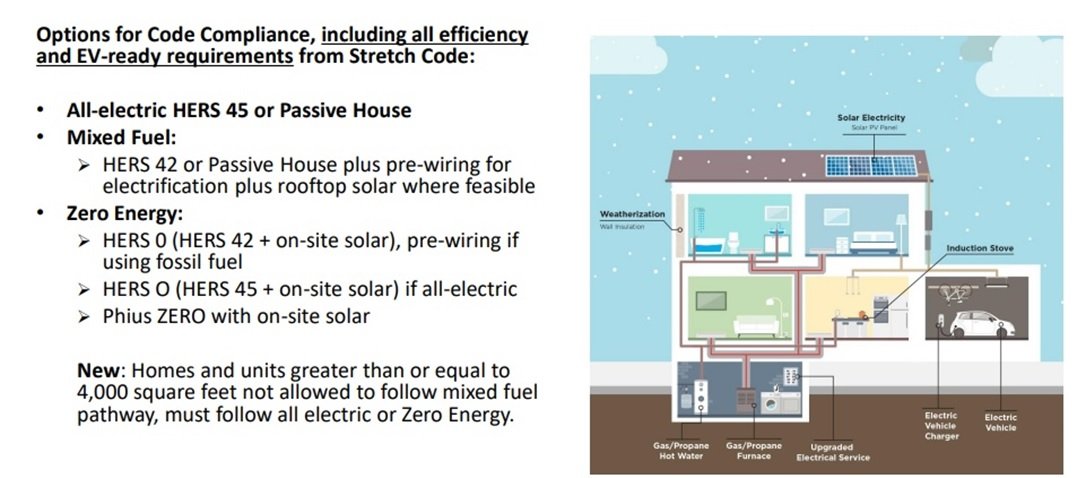
Boston Passive House & Energy Code
Passive House is a performance-based building certification that focuses on the dramatic reduction of energy use for space heating and cooling. It is a set of metrics for energy performance, a certification that can be achieved, and a philosophy for how to design & construct better buildings.

Through Passive House, we can deliver a high level of energy savings and carbon reduction for all building types while providing a healthier and more comfortable space to live and work.
A Boston Passive House can be any building – a school, an apartment building, a new residential home or a historical renovation, even a large office skyscraper. Through a thoughtful and integrated design process and a detail oriented approach to construction that prioritizes a well insulated and air-sealed envelope, natural light and solar gain, and highly-efficient HVAC systems, we can create buildings that use over 90% less energy for space conditioning and over 60% less energy overall.
Boston Passive House buildings achieve:
Drastically lower energy use and operational cost savings
Healthy air quality from ventilation systems
Consistent and comfortable room temperatures without air drafts
Increased natural lighting and quieter acoustic conditions
A more resilient and comfortable building
On top of all of this, the lower energy demand of Boston Passive House buildings means that the limited energy they do need can be easily provided by solar power, creating a pathway to a net-zero or net-positive building.
Features of Passive House
Building Envelope
Exterior Thermal Insulation
Continuous Air-Barrier
Thermal Bridge Mitigation
High-Performance Windows & Doors
Optimized Solar Heat Gain
Mechanical Systems
Balanced Ventilation with Heat Recovery
Efficient and Minimized Heating/Cooling
High-Efficiency Water Heaters
Benefits of Passive House
Financial Benefits
Reduced energy demand
Reduced maintenance costs
Climate resilient construction
Health & Comfort Benefits
Improved indoor air quality
Consistent temperature
Quieter acoustics
Environmental Benefits
Reduced carbon emissions
Climate resilient building
Focus on embodied carbon reduction



